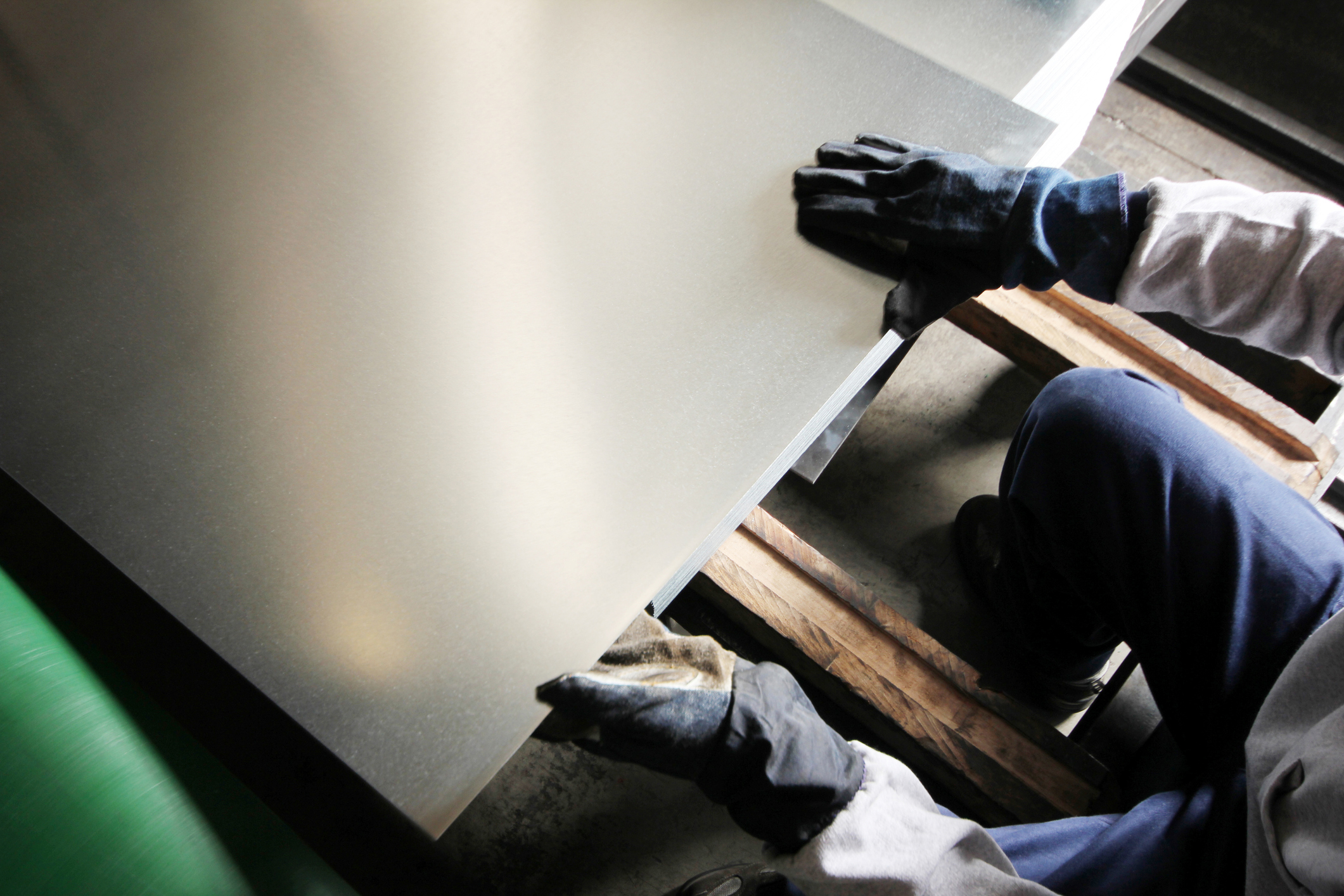Supply chain logjams and worker shortages have combined in recent months to make finding many products difficult, with long wait times for everything from household appliances and vehicle parts to furniture and toys. Seniors are being impacted by these consumer shortages with a scarcity of assistive devices like walkers and wheelchairs.
Because of the shortage of aluminum, there is also a lack of available canes, crutches, and hospital beds. As a result, many health care practices are reaching out to the community for donations of gently used assistive devices to help bridge the gap and give older adults their mobility back after an illness, injury, or another health setback.
Continuous positive airway pressure (CPAP) machines and ventilators are also in high demand because of a shortage of power cords and electronic chips. Lengthy shipping times, factory shutdowns, and a worker shortage have also contributed to a CPAP shortage. If all that wasn’t enough, a recent Philips CPAP recall for potentially harmful foam-related issues had many users seeking an alternative, which created a high demand and increased prices as well as wait times.
If you or your family have assistive devices stored in a closet or taking up space in the basement, consider making a donation. Wheelchairs, canes, walkers, and crutches can be donated to The Salvation Army, Goodwill, The American Red Cross, or through an international agency like Global Mobility.
Gently used CPAP (and BiPAP) machines in good working order can be donated to a local sleep apnea program or organization to be refurbished for people who suffer from sleep apnea but cannot afford the cost of a machine to treat the condition. Untreated sleep apnea can lead to many other major health issues including heart arrhythmia, stroke, diabetes, and depression. Visit the Canadian Lung Association website to learn more.






Add Your Voice
0 Comments
Join the Discussion